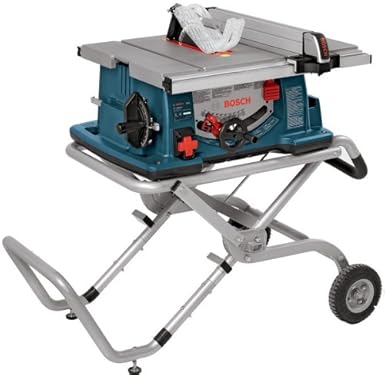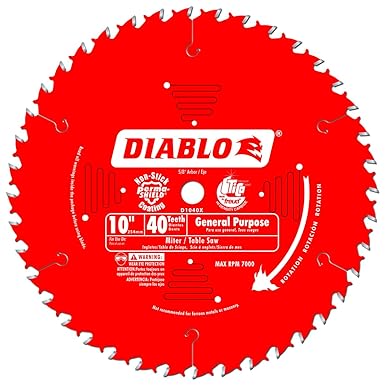I was planing some wood the other day (surprised?) and it felt too much like work. How sharp are these blades, anyway? It turns out, not very. The DeWalt DW675 3-1/4" planner uses a double sided solid carbide blade, and while I seem to remember flipping them a few years back, there has been a lot of harsh use since then.
Carbide inserts are great! Long lasting and, at least if you have some diamond hones, easy to sharpen. REALLY easy compared to HSS or D2 tool steel, and since carbide won't get all that sharp ANYWAY..... you don't have to feel like a slacker for only going up to a #600 grit or so. Yes, I actually sharpen disposable inserts. In less time than it takes to go to the store and back, I can hone the inserts to good-as-new sharpness. The store doesn't have these inserts anyway...... this is WAY faster than waiting for Amazon.
Old/new
2 blades 180 degrees apart, 3 gib screws per.
I just used the skinny little wrench that comes with the planer. I think that it's a 10mm. I guess this would be lefty-loosey (that saying still doesn't make sense). My hone is a double sided Smith's diamond hone from the Walmart fishing department. I think that I paid $7.95 about 10 years ago and the damn thing still works fine. Not very precise, but good for this type of thing.
I do one blade at a time.
The retainer is a 2 piece arrangement with the carbide blade sandwiched in between. There are registration grooves that ensure proper alignment, and it seems like a practical design. Simple, but effective. There are also 2 set screws to adjust the height. I just leave those alone, as we're only removing the tiiiiiniest amount of metal, not trying to grind out big chips.
This is the carbide insert, bevel side up, right at the edge of the workbench. Right behind that is a piece of plywood that I use to hold the blade down. The plywood is also beveled, but that is just to give clearance, NOT to act as some kind of jig. This is WAY to easy to need a jig, just squint and free-hand it.
Here is the blade, clamped down and already honed. It is sticking out maybe 2mm, just enough to work on. The hone is a coarse (#240 'ish?) and fine (#600?). I do both.
Don't forget to hone the back, too. Then put it back together.
When I reset the blade, I let the insert protrude just the smallest amount, about 1/64.
That's it. Maybe 15 minutes to do both inserts, all 4 edges. Really.
We are surrounded by soooo much discarded waste, much of it originally bought out of "convenience". Being able to maintain and actually improve your tools, make them as sharp as you could wish for, learn how to actually DO something..... That make the concept of "convenience" laughable. If I were to give one piece of advice to a woodworker, it would be "Learn how to sharpen your tools". Dull sucks.
Now....... Time to tune up the Japanese plane....

























